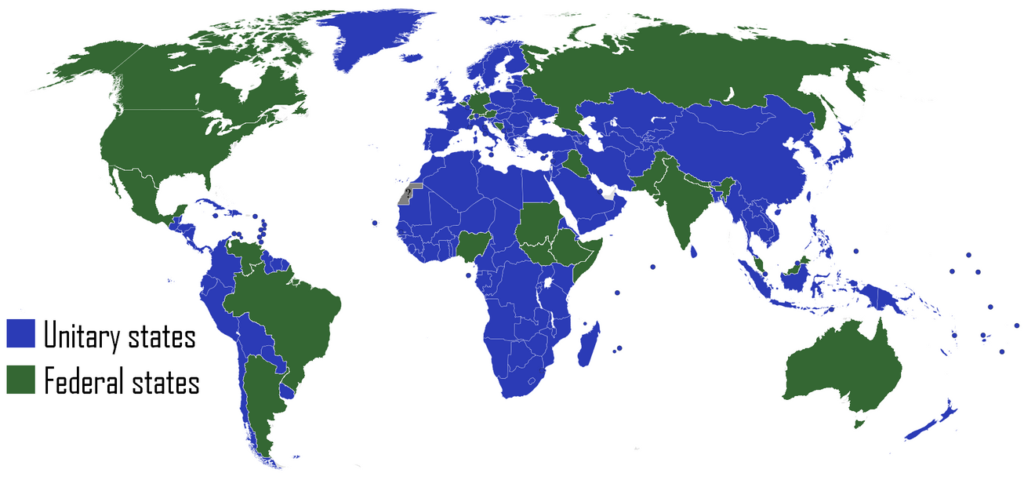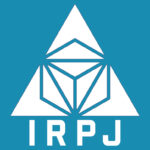Introduction
In this article, we will delve into the concept of a unitary state, using the case of the Netherlands as an example. A unitary state is a form of government where power is concentrated in a central authority, and local governments have limited autonomy. Understanding the dynamics of a unitary state is crucial for comprehending the political structure and decision-making processes of countries like the Netherlands.
Understanding the concept of a unitary state
Before we explore the specific case of the Netherlands, let’s take a closer look at what exactly a unitary state entails. In a unitary state, sovereignty rests with the central government, which holds the ultimate authority to make and enforce laws. This centralized governance system often results in a standardized legal framework, uniform policies, and a unified administration across the entire country. It is important to note that unitary states can vary in terms of the degree of decentralization and regional autonomy they allow.
Historical background of the Netherlands
To understand the Netherlands’ status as a unitary state, it is crucial to examine its historical background. The Netherlands has a rich history dating back centuries, characterized by various political developments and territorial changes. From its origins as a collection of independent provinces to its eventual unification, the Netherlands’ history has shaped its current political structure and unitary nature. Let’s explore the key historical milestones that have influenced the country’s governance system.
The political structure of the Netherlands
In order to grasp the Netherlands’ unitary state status, we must examine its political structure. The country follows a parliamentary constitutional monarchy, where the monarch acts as the ceremonial head of state, and the Prime Minister serves as the head of government. The Dutch political system is characterized by a multi-party democracy, with power concentrated at the national level. This centralized structure enables the central government to enact policies that apply uniformly across the entire country, reflecting the unitary nature of the state.
The Netherlands as a unitary state
Now let’s dive deeper into the Netherlands’ status as a unitary state. The country’s unitary system is evident in various aspects of governance, including its legal framework, administrative divisions, and decision-making processes. The Dutch central government holds the ultimate authority in matters such as defense, foreign affairs, and major policy decisions. However, it is important to acknowledge that the Netherlands also allows some degree of decentralization and regional autonomy, particularly in areas such as education and healthcare.
Key features of a unitary state
Highlighting the key features of a unitary state helps us further understand the Netherlands’ political structure. Some of the defining characteristics of a unitary state include a centralized government, a unified legal system, a single constitution, and a clear hierarchy of authority. These features contribute to a cohesive and uniform governance system, ensuring consistent policies and regulations throughout the country.
Pros and cons of a unitary state system
As with any form of government, a unitary state system has its advantages and disadvantages. On the positive side, a unitary state allows for efficient decision-making, uniform application of laws, and the ability to address national issues effectively. However, critics argue that it can lead to limited regional autonomy, potential cultural homogenization, and a lack of responsiveness to local needs. It is important to consider these pros and cons when evaluating the effectiveness of a unitary state system.
Conclusion
In conclusion, the Netherlands serves as a notable example of a unitary state, where power is concentrated at the central level. Understanding the concept of a unitary state is crucial for comprehending the political and governance dynamics of countries like the Netherlands. By exploring its historical background, political structure, and key features, we gain insights into the advantages and disadvantages of a unitary state system. The case of the Netherlands exemplifies how a unitary state can successfully navigate the complexities of governance while balancing centralization and regional autonomy.








